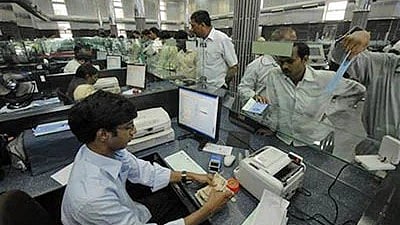Investors seek out opportunities that will increase their wealth, yield consistent returns, and/or reduce their tax liability. Although there are many investment schemes available on the market, the majority of them offer returns that are subject to income tax regulations.
ELSS funds are very useful in this situation. Tax-saving equity mutual funds are known as 'Equity Linked Savings Schemes', or ELSS mutual funds.
ELSS Funds: what are they?
Equity funds classified as ELSS funds allocate a large chunk of their corpus to investments in stocks or stock-related securities. Since ELSS funds provide a tax exemption of up to Rs. 150,000 from your yearly taxable income under Section 80C of the Income Tax Act, they are also known as tax-saving schemes.
An ELSS fund is an equity-oriented scheme that has a three-year lock-in requirement. To take advantage of tax benefits, many taxpayers have reverted back to ELSS schemes in recent years. Up to Rs. 150,000 in tax exemption on the invested amount is available to investors in ELSS schemes.
Additionally, any income you receive from this scheme at the conclusion of the three-year period will be taxed at a rate of 10 per cent (long-term capital gains) if the amount exceeds Rs. 1 lakh.

Features of 'ELSS' funds
1) At least 80 per cent of the entire corpus of investible assets is allocated to equity and equity-related instruments.
2) The fund makes diversified equity investments across a range of market capitalizations, industries, and themes.
3) There is a three-year lock-in period, but there is no maximum investment tenure.
4) Tax exemptions on the invested amount under the Income Tax Act's Section 80C.
5) Income is regarded as long-term capital gains and are subject to current tax laws.
ELSS scheme taxation
The three-year lockup period on ELSS funds means that short-term profit gains cannot be realized. You can only make long-term capital gains as a result. Up to Rs 1 lakh in annual earnings, these gains are tax-free; any amount earned above this threshold is subject to a 10 per cent long-term capital gains tax.

Investors can deduct taxes on the principal they invest in an ELSS plan under Section 80C of the Income Tax Act. This is a cumulative deduction benefit, so if the taxpayer invests in any of the specified instruments (ELSS, NSC, PPF, etc.), you can deduct up to Rs. 1.5 lakh from your taxes under the aforementioned section.
(Mutual Fund investments are subject to market risks, read all scheme related documents carefully.)








